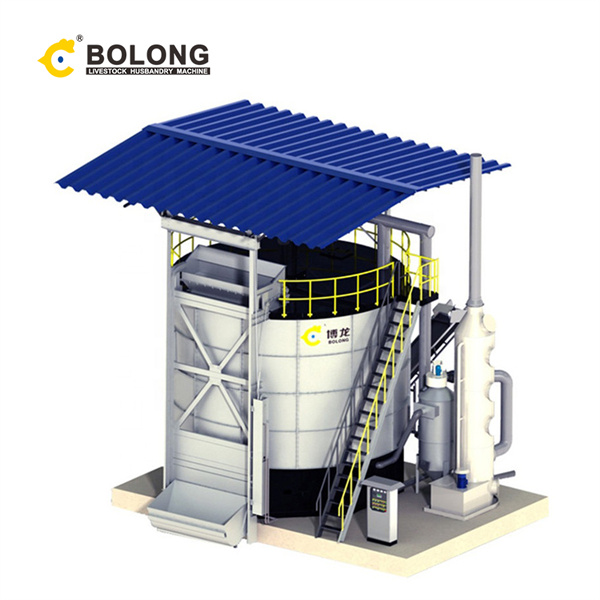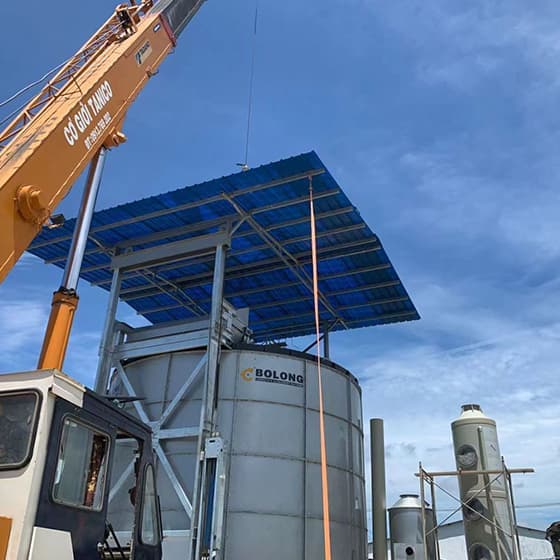Introduction: Nutrient management plans (NMPs) aim to optimize nutrient use on farms while minimizing environmental impact. Livestock fermentation tanks play a vital role in these plans. This article explores how fermentation tanks support NMPs.

Controlled Nutrient Release: Compost from fermentation tanks provides a slow and controlled release of nutrients, reducing the risk of nutrient runoff and leaching. This supports the goals of NMPs to protect water quality.
Balanced Fertilization: The nutrient-rich compost enhances soil fertility, allowing farmers to apply balanced fertilization based on soil needs. This precision reduces the reliance on synthetic fertilizers and improves crop health.
Regulatory Compliance: Using fermentation tanks helps farms comply with regulatory requirements for nutrient management. Proper manure processing and nutrient recycling align with environmental standards and best practices.
Case Study: A crop farm integrated fermentation tanks into its NMP. The farm achieved better nutrient balance in the soil, reduced fertilizer costs, and complied with local environmental regulations.

Conclusion: Livestock fermentation tanks support nutrient management plans by providing controlled nutrient release, balanced fertilization, and regulatory compliance. These benefits enhance sustainable and responsible farming practices.